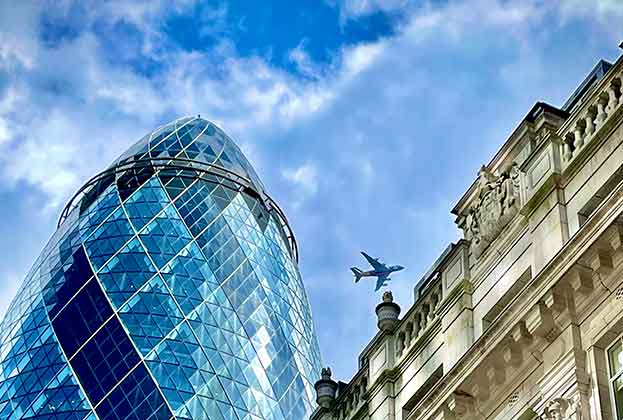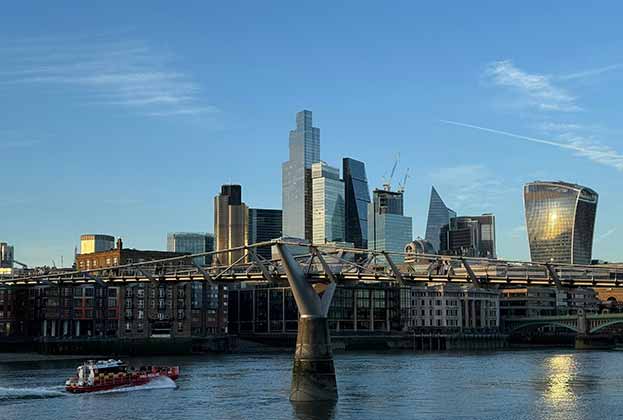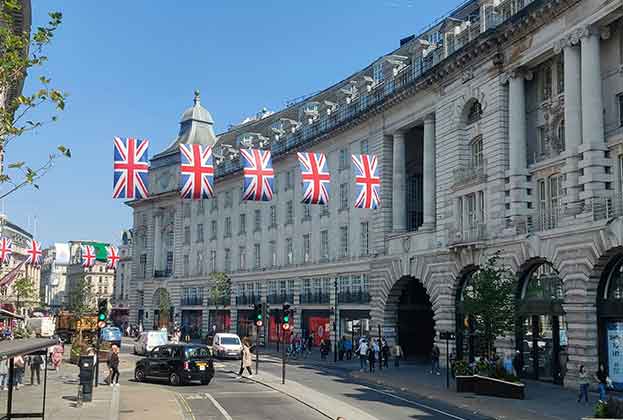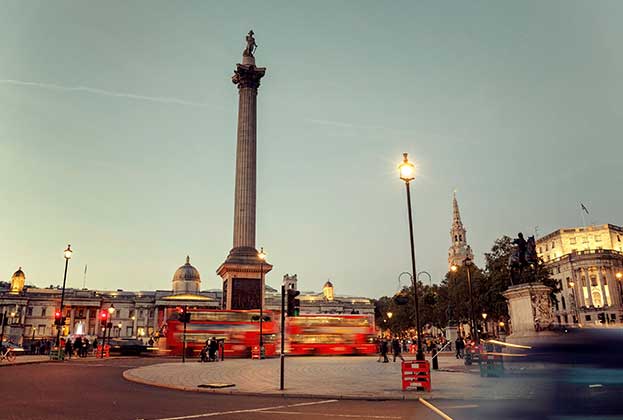The decline of the bee population is well documented. According to Friends of the Earth the UK has lost 13 bee species since 1990 and an additional 35 are now considered under threat from extinction. Yet it is easy to forget the vital role that bees play in creating a healthy environment. Just as these insects have supported us, it is now time for us to help by understanding what we can do within the built environment to care for these incredible creatures.
The decline of the bee population often comes down to a loss of habitat and food source scarcity, which is a direct result of human’s damaging precious ecosystems through the ongoing development of our cities and towns. This is why it is now time to give back and protect a species that is crucial to our existence, especially when it comes to agriculture.
Urban beekeeping has become increasingly popular especially in cities looking for sustainable economic growth. It doesn’t have to be a sophisticated operation, it can be anything from planting nectar rich flowers in gardens to keeping actual hives on site.
There are already examples of this happening in London, with honey bees living on Regent Street’s roofs since 2009. Plenty of schemes have since followed suit with the arrival of bees and green spaces on commercial roof space from Exeter to Edinburgh.
Landsec’s Fountain Park Shopping Centre in Scotland is a case in point. The key was to find an engaging way of giving something back to the local community in a sustainable way. Consequently, the centre partnered with a local school and between them they have four active hives, with hive management now forming part of the school curriculum. With more than 80,000 bees in situ, it has done wonders when it comes to public awareness of the role bees play within the local ecosystem.
In short, beekeeping projects help support the pollination of green city spaces and add enhanced ecology to what would otherwise be bog standard buildings.
Friends of the Earth has estimated that UK farmers would have to pay an additional £1.8 billion a year to effectively pollinate their crops in the absence of bees. For this reason it is essential we continue to raise awareness over the importance of the survival of bees both here and across the globe.
Ultimately bees are helping to tackle some of the more severe environmental issues we are currently facing, taking some of the sting out of climate change.
Further information
Contact Savills Sustainability
.jpg)

(1).jpg)

.jpg)



.jpg)

